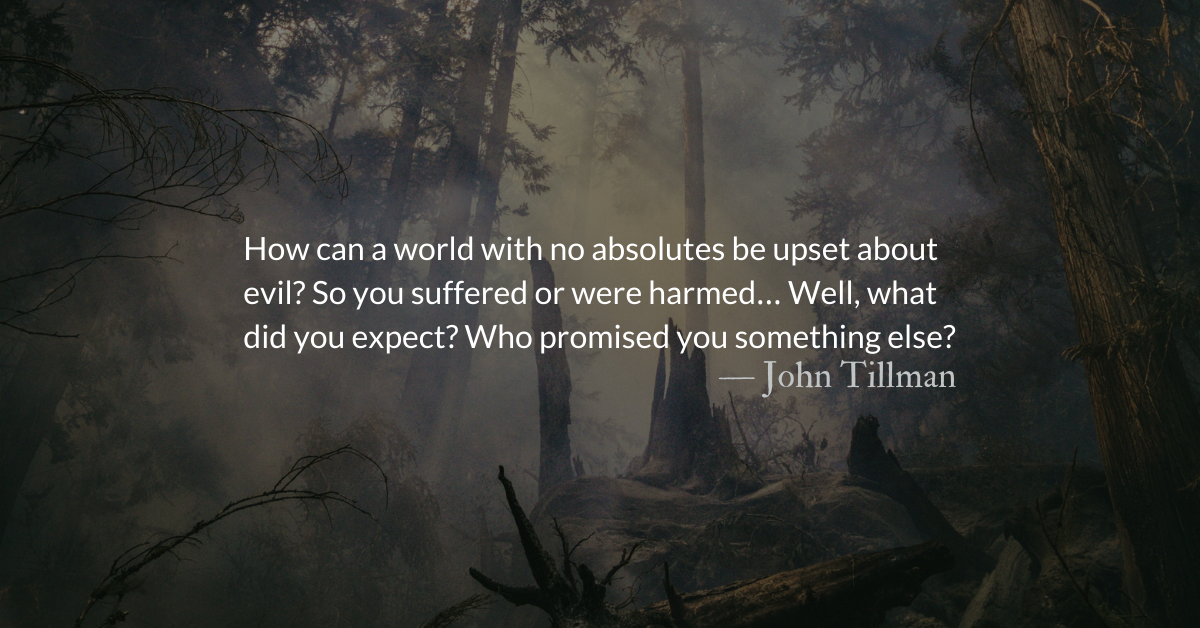Scripture Focus: Psalm 49.5-15
5 Why should I fear when evil days come,
when wicked deceivers surround me—
6 those who trust in their wealth
and boast of their great riches?
7 No one can redeem the life of another
or give to God a ransom for them—
8 the ransom for a life is costly,
no payment is ever enough—
9 so that they should live on forever
and not see decay.
10 For all can see that the wise die,
that the foolish and the senseless also perish,
leaving their wealth to others.
11 Their tombs will remain their houses forever,
their dwellings for endless generations,
though they had named lands after themselves.
12 People, despite their wealth, do not endure;
they are like the beasts that perish.
13 This is the fate of those who trust in themselves,
and of their followers, who approve their sayings.
14 They are like sheep and are destined to die;
death will be their shepherd
(but the upright will prevail over them in the morning).
Their forms will decay in the grave,
far from their princely mansions.
15 But God will redeem me from the realm of the dead;
he will surely take me to himself.
Reflection: The Promise of Justice
By John Tillman
The Bible is the most grounded and realistic of holy texts. Scripture doesn’t blink when things go bad. It weeps. Biblical authors don’t shy from distressing realities. Cries for justice ring out in every book.
Modern people deceive ourselves that evil is only a disagreement about mutual benefits. The Bible knows that evil is real and people both cause and suffer from it.
Complaints and cries for justice come from an awareness of its lack. Deep down, humans know a moral standard exists. Those who deny moral absolutes cannot show that they lack anything. Without a moral ideal, no complaint regarding justice can be made. Without some measure of wrongness, there is no reason to expect goodness. How can a world with no absolutes be upset about evil? So you suffered or were harmed… Well, what did you expect? Who promised you something else?
Only amidst the Bible’s moral absolutes do we find a promise of justice.
We know, soul-deep and sinew deep, that sin exists. This is what it means to have partaken of the fruit. We KNOW evil. It looks good and tastes sweet, but soon, it cramps us up, doubling us over. The knowledge of good and evil sickens our stomachs and rumbles through our guts. We soil ourselves with it, and the runoff soils the earth, awakening Death.
The psalmist pulls no punches about death, the greatest evil of all. Death is the last enemy to be defeated. (Even though he has already lost.) Death treats rich and poor with perfect and efficient equity, yet every death is unjust to the Lord of life.
We work whatever justice we can on earth, but when death comes, human justice is insufficient. We cannot restore or repay, even with our lives, the loss of a victim of murder, cancer, starvation, Covid, or any other cause. But just as evil exists, righteousness does too. Whatever meager form of justice humans offer, Christ’s justice is incomparably greater.
Death’s victims need not stay in his grasp. Death’s grasping arms were broken in a wrestling match lost at the cross. Christ kicked in Death’s doors, opening the pathway to life for all who believe.
Like Old Testament sacrifices, human justice is not meaningless, and we must enact it, but it is a mere shadow of the justice wrought by Christ. We do justice, as we do all else, in remembrance of His promise.
Divine Hours Prayer: The Call to Prayer
Be strong and let your heart take courage, all you who wait for the Lord. — Psalm 31.24
– From The Divine Hours: Prayers for Summertime by Phyllis Tickle.
Today’s Readings
2 Kings 4 (Listen 6:17)
Psalms 49 (Listen 2:10)
Read more about Justice Starts Within
Justice starts within. It doesn’t stop there. May we answer the call…shining a light of justice and truth
Read more about Supporting Our Work
Ad-free content isn’t free to produce or publish. Please consider donating to support our work.









